Hello everyone
Here comes Cuong again.
Today, Cuong will guide you on the information technology industry.
The content today will be about Career Guidance in IT – Career Orientation for Young People.
Appendix
- What is information technology
- Graduating with an IT Degree: What’s Next?
- Career opportunities
Orientation
In the era of Industry 4.0, the rapid development of Information Technology is leading the way. Many industries, services, and markets are being technologized to meet societal needs. For example, education has evolved into e-learning, ficnance has transformed into e-finance, and banking has moved to e-banking. Everything is being integrated with technology and modernized to become increasingly convenient.
Therefore, Information Technology is likely to attract many young people. However, IT is not an easy field; it requires strong analytical and logical thinking, as well as a passion for the field to achieve long-term development. Young individuals should not forget to consult articles about IT career guidance to better understand and prepare for this challenging industry.
What is the Information Technology major?
What is the Information Technology?
Information Technology (IT) is the field of study, development, and application of technologies related to processing, storing, and transmitting information. It encompasses various aspects such as software, hardware, networking, databases, and information systems.
To understand what Information Technology (IT) is, you first need to grasp the concepts of “information” and “technology.”
Information reflects objects, events, and phenomena in the surrounding world and human activities in social life. It is everything that provides understanding about the world.
For example, when you hear a siren, that is considered information. Similarly, if you smell smoke, that too is information being processed by your brain, helping you understand that there might be a fire nearby.
Key areas of IT include:
- Software Development: Designing, programming, testing, and maintaining software applications and systems.
- Computer Networking: Building and managing networks to connect devices and transmit data.
- Database Management: Managing and maintaining database systems to store and retrieve information efficiently.
- Information Security: Ensuring that information is protected from threats and misuse.
- Information Systems: Designing and managing systems that help organizations process information and support decision-making.
- IT is a crucial foundation for many industries and aspects of modern life, including business, education, healthcare, and entertainment.
What does Information Technology study?
In simple terms, studying Information Technology means learning methods to process information, which includes all the topics mentioned above.
Studying Information Technology (IT) typically includes the following areas and skills:
Programming: Learning programming languages like Java, C++, Python, and software development techniques to write code and create applications.
Computer Systems: Understanding computer hardware, system architecture, and how computer components work together.
Computer Networking: Studying how computer networks operate, including network structure, protocols, and network security.
Databases: Learning how to design, manage, and query databases to store and process information. This includes SQL and database management systems like MySQL, PostgreSQL, and Oracle.
Information Security: Exploring methods to protect data and systems from threats and cyberattacks.
Software Development: Methods for software development, including requirements analysis, system design, testing, and software deployment.
Information Systems: Studying how information systems are designed and implemented to support management and decision-making within organizations.
Data Science and Analytics: Analyzing and processing large datasets to extract valuable insights for business decisions.
Artificial Intelligence and Machine Learning: Techniques and technologies related to AI and machine learning, including building machine learning models and intelligent applications.
User Interface and User Experience (UI/UX): Designing and improving user interfaces and experiences to create user-friendly and effective applications.
- IT programs also often include courses on soft skills such as project management, teamwork, and communication to prepare students for real-world challenges in the workplace.
- After completing IT courses and career guidance in Information Technology, you will be equipped with the skills needed to handle information, create, and use computer technology, hardware, software, and tools. This will enable you to transmit information (events, content, images, sounds, etc.) efficiently and effectively to users.
- The field of Information Technology (IT) offers a wide variety of professions, skills, and educational levels. Depending on job requirements or the desire to further enhance knowledge, you can choose to study at different levels.
What can I do after graduating from Information Technology?
After graduating with a degree in Information Technology, the specific career paths you can pursue will depend on your chosen specialization. Here are some potential careers based on various IT fields:
- Game Development: Game development is a specialized branch of software development focused on creating 2D and 3D games. Game developers use programming languages to bring game assets and servers to life. They work closely with design and event teams to implement creative ideas into engaging and interactive gameplay experiences.
Web Development: Web developers are responsible for designing and building web applications that meet client or company specifications. This role requires proficiency in various programming languages and technologies to create functional, user-friendly websites and web-based solutions.
Artificial Intelligence (AI): AI is a rapidly advancing field that focuses on creating systems capable of performing tasks that typically require human intelligence. This includes learning from data, recognizing patterns, making decisions, and solving complex problems. AI spans multiple domains, such as machine learning, natural language processing, robotics, and computer vision, and is applied in diverse areas like healthcare, finance, and autonomous vehicles.
Software Engineering: Software engineers play a critical role in developing and maintaining high-quality software. They are involved in the entire software development lifecycle, including design, implementation, testing, and enhancement, ensuring that software solutions are effective and reliable.
-IT Security – Network Security / Information Technology Security: IT security focuses on safeguarding information across networks and systems. Professionals in this field receive specialized training to combat cyber threats, fix security vulnerabilities, and trace digital footprints. IT security is crucial for protecting sensitive data in government agencies, military organizations, large corporations, and any business that values information security.
Career opportunities
Currently, the Information Technology (IT) sector is experiencing significant and diverse growth in career opportunities.
Currently, the field of Information Technology (IT) is experiencing robust growth and offering a diverse range of career opportunities. With the increasing demand for IT professionals, the salaries are also very attractive, especially for future programmers.
So why wait? Start studying Information Technology today! This field not only provides great opportunities but also presents many challenges that help you develop your skills and broaden your horizons. Wishing all young people success and outstanding achievements on their IT career journey!
Thanks for reading the blog post. love you soo much!! ❤😍😘



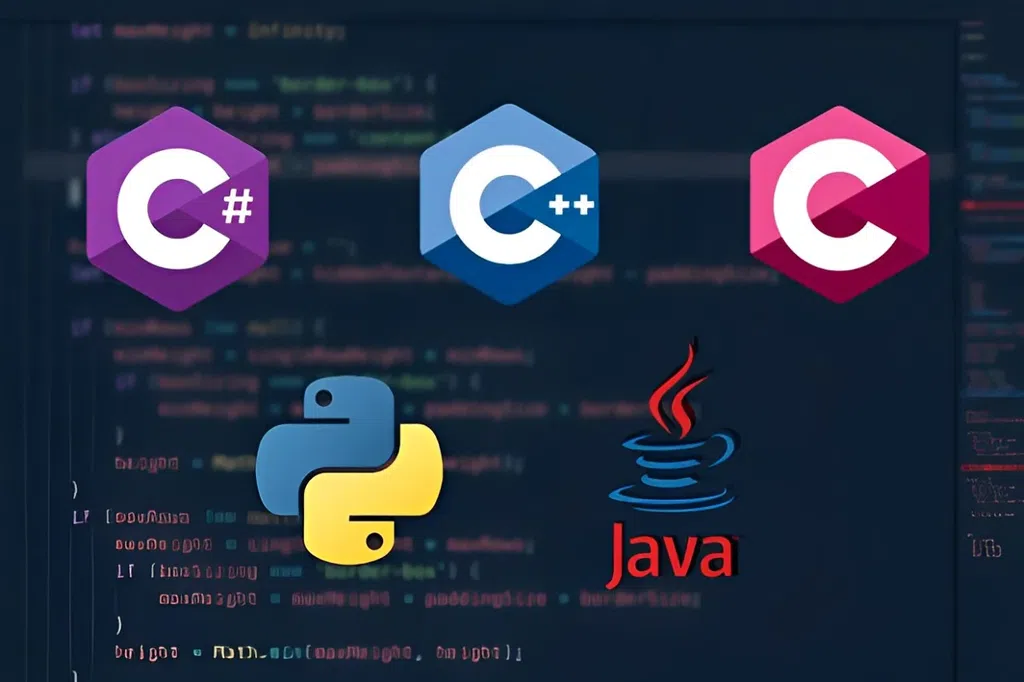
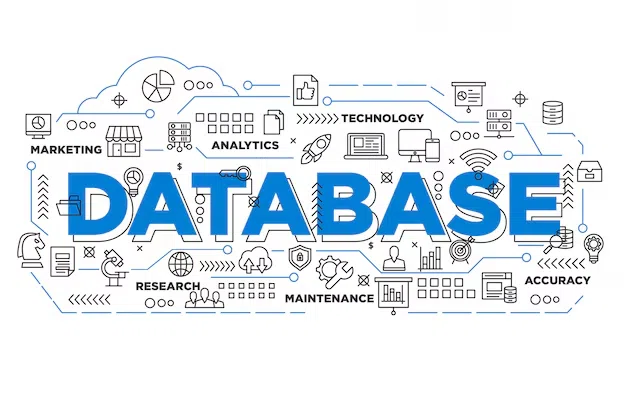
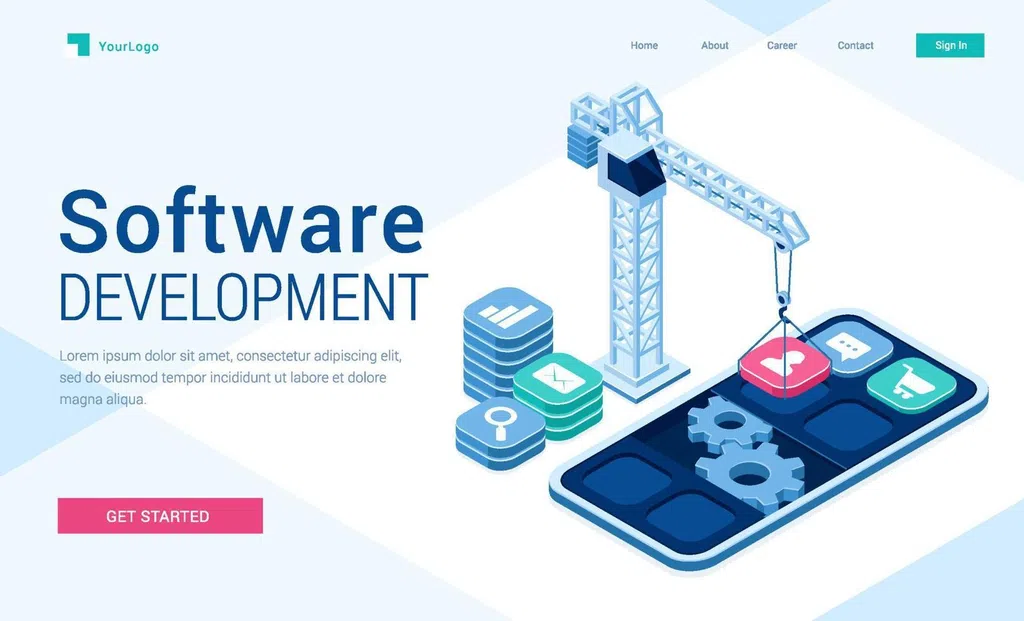
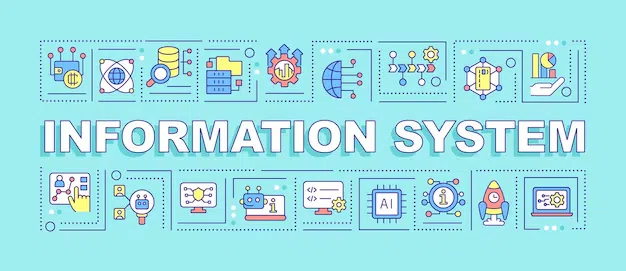

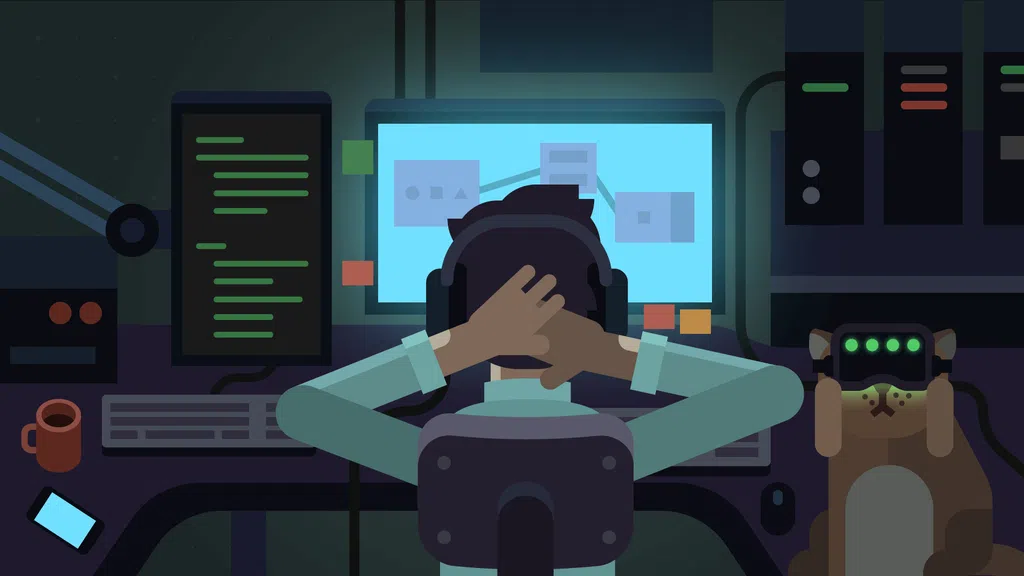

Bình luận
Cảm ơn bạn nhé, mình đọc và đã hiểu đc lên chọn gì r